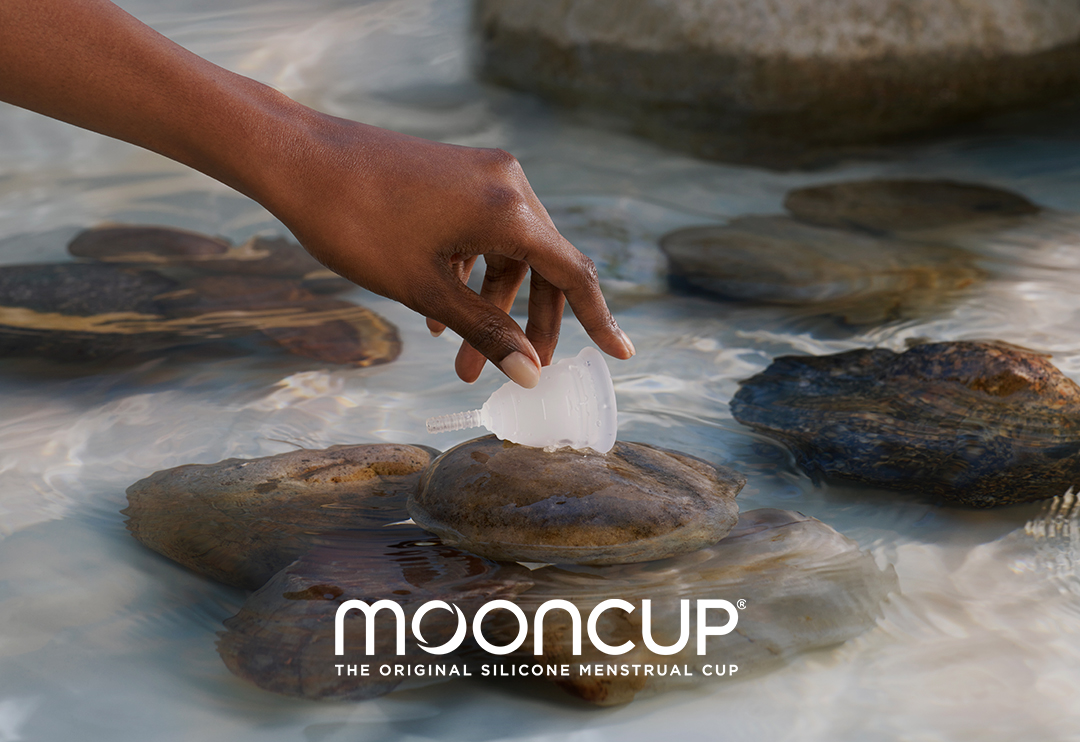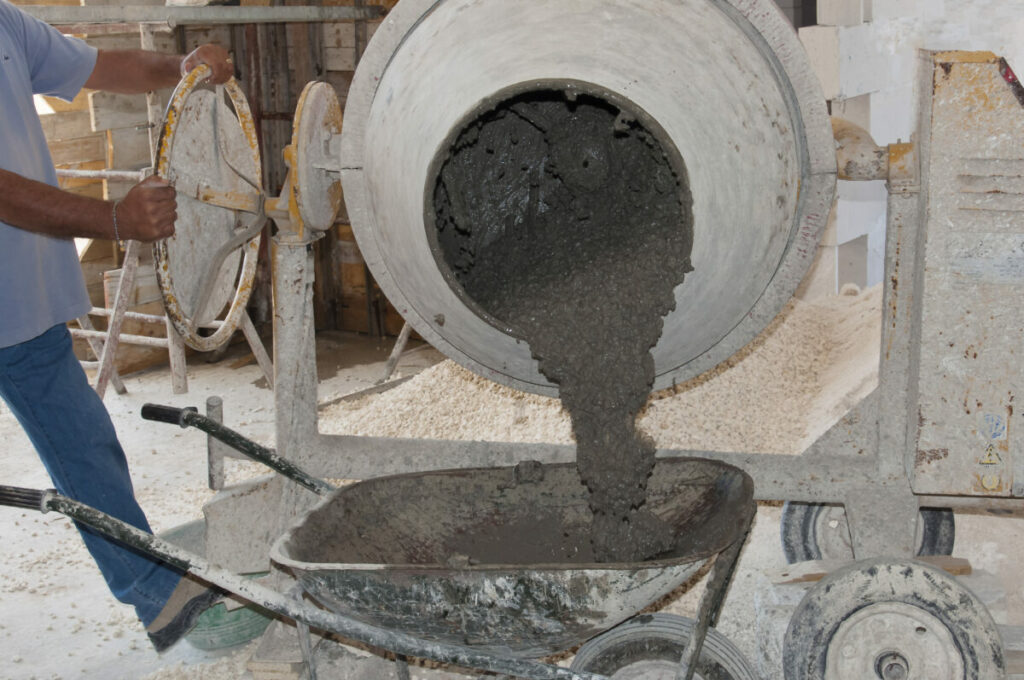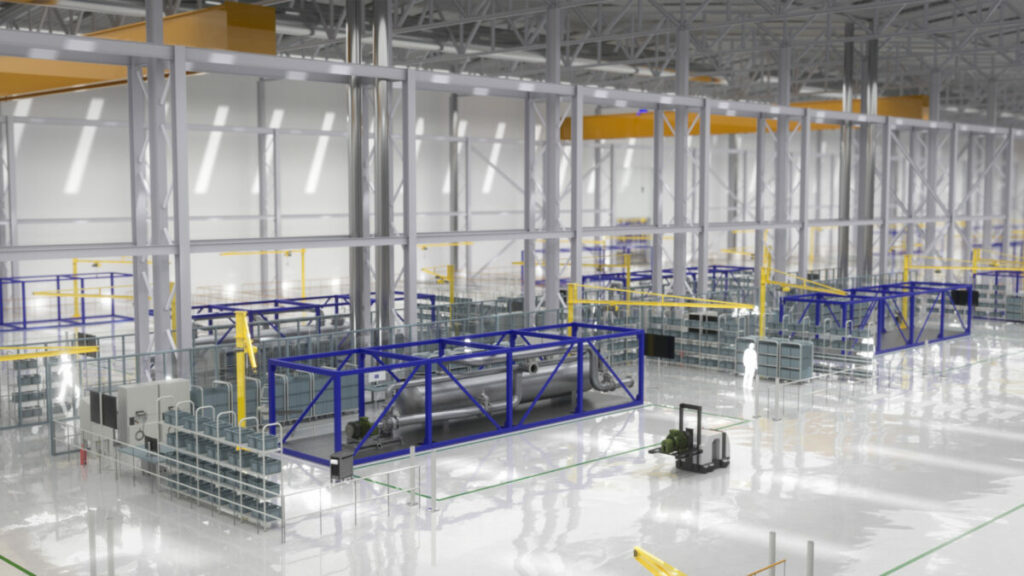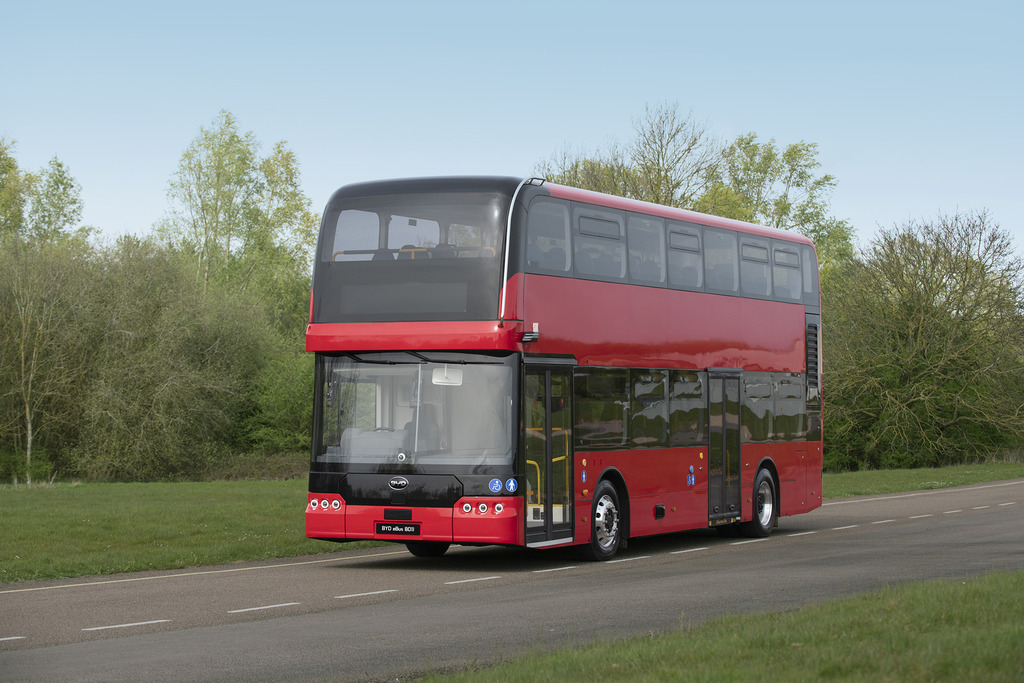Mooncup, the world’s first silicone menstrual cup, has been acquired by &SISTERS, a family-run sustainable period care brand.
“I grew up seeing Mooncup’s team really lead the charge against single-use plastic period care without any compromises, so it really is a full circle moment for me,” said &SISTERS co-founder Lucy Lettice.
“We are incredibly proud to be continuing their legacy by creating sustainable period care options that work for everyone and leading the charge against plastic and irritants ridden mainstream and bamboo period care.”
Mooncup was created in 2002 to drastically reduce the waste from single-use plastic period products — it is estimated that 200,000 tonnes of menstrual waste are dumped in landfill each year in the UK.
“Our options around periods have changed so much since we started, and we’re proud to have paved the way for reusable choices: from menstrual cups to reusable period pads, menstrual discs and period pants,” said Mooncup director Kath Clements.
Subscribe to Sustainability Beat for free
Sign up here to get the latest sustainability news sent straight to your inbox each morning
“Still, with big players like Procter & Gamble (Tampax, Always) choosing to make ‘pure’ ranges and reusables while continuing to make their biggest profits from plastic applicator tampons and plastic-filled pads, it’s time for a new approach.”
“Mainstream, organic cotton topsheet and bamboo pads, tampons and liners never biodegrade, because they contain such vast quantities of an unnecessary plastic called super absorbent polymer,” continued Lettice, whose motivation for creating &SISTERS was to tackle the industry’s greenwashing and the lack of regulation of the irritants in mainstream period care.
“Our pads, tampons and liners contain no plastic or irritants, biodegrade faster than a banana and at the same time our heavy pads are twice as absorbent as the mainstream equivalent.”
“An average pack of mainstream pads contains the equivalent of five plastic bags and we use on average 11,000 of these products each in our lifetimes.”
Elsewhere, the UK Research and Innovation (UKRI) has released £6 million of funding to support five projects that will support a sustainable plastics system, including projects researching the use and disposal of hygiene products and the breaking down of used plastics into their chemical components for reuse in producing high-quality new plastics.















